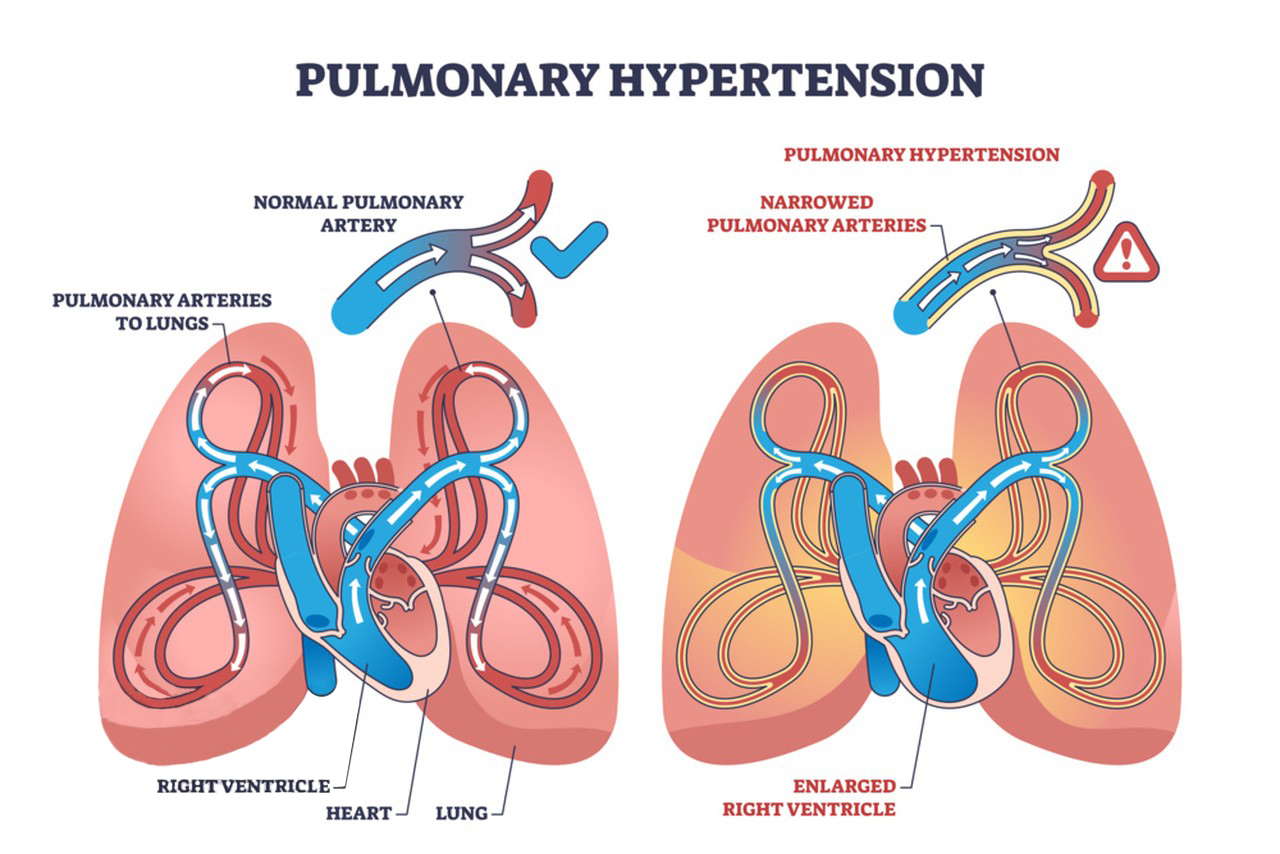Isosorbide dimethyl ether (ISDM) is a derivative of isosorbide, a bicyclic organic compound derived from glucose. It is a renewable chemical widely studied for its applications in green solvents, polymers, and pharmaceuticals. Below are the physicochemical properties of isosorbide dimethyl ether:
1. Chemical Properties of Isosorbide Dimethyl Ether
IUPAC Name: 1,4:3,6-Dianhydro-2,5-dimethoxy-D-glucitol
Chemical Formula: C8H14O4
Molar Mass: 174.19 g/mol
Structure:
- Contains a bicyclic framework (isosorbide core) with two methoxy groups (-OCH3) substituting at the 2 and 5 positions.
- Highly rigid structure due to its bicyclic nature.

2. Physical Properties of Isosorbide Dimethyl Ether
Appearance: Colorless liquid
Boiling Point: Approximately 210–220°C (varies with pressure)
Melting Point: Below room temperature; typically liquid at ambient conditions.
Density: ~1.15–1.20 g/cm³ (at 20°C)
Solubility:
- Miscible with water and a wide range of organic solvents, such as ethanol and acetone.
- Low solubility in nonpolar solvents like hexane.
Viscosity: Relatively low viscosity, making it suitable for solvent applications.
Refractive Index: ~1.43–1.45
3. Chemical Behavior of Isosorbide Dimethyl Ether
Hydrophobicity: Moderately hydrophilic due to the ether functional groups, yet less so compared to isosorbide because the hydroxyl groups are replaced with methoxy groups.
Thermal Stability: High thermal stability due to the bicyclic structure.
Reactivity:
- Chemically inert under mild conditions.
- Can undergo oxidation or hydrolysis under strong acidic or basic conditions.

Applications of Isosorbide Dimethyl Ether
- Green Solvent: Its low toxicity and biodegradability make it an excellent alternative to traditional volatile organic solvents.
- Polymer Industry: Used as a monomer or plasticizer for producing bio-based polymers with high thermal and mechanical properties.
- Pharmaceuticals: Studied for its potential as a carrier molecule in drug formulations.
- Fuel Additives: Investigated as a renewable additive to improve fuel properties.
Would you like to delve into any specific property or application in more detail?
